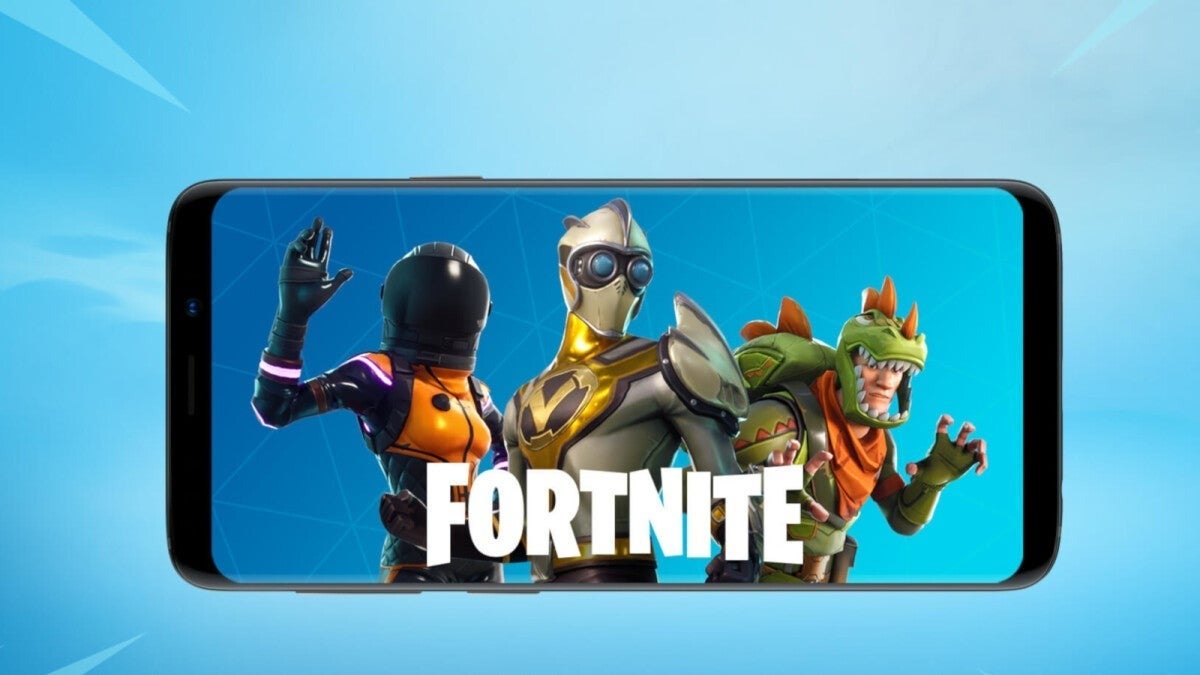Apple keeps wiggling out of the obligations that came with the unprecedented iOS 17.4 update with which it opened its walled garden software ecosystem under the threat of fines by the European Union.
In Europe, iPhone users now enjoy access to 3rd party app stores, for instance, or can replace the default Safari browser with any other surfing machine they want, including Google’s Chrome platform.
Some of these EU mandates were brought on by the lawsuits filed by Sporify or Fortnite’s Epic Games, which argued that Apple’s unfair business practices prevent competition and monopolize developer profits. As if to punish Spotify out of spite, Apple is now refusing to certify its app updates, but Epic isn’t fairing any better.
While Fortnite and Epic’s developer account freeze by Apple has found a resolution, here the team from Cupertino still levies 27% charge on any revenue it will get via providing third-party links to its apps.
Needless to say, this essentially circumvents the soul of the court’s decision to allow alternative app stores and methods of payment to iPhone and iPad users, so Epic has now filed a protest motion.
“This is essentially the same fee that this Court found Apple has never justified and is not driven by competition, only now it is being charged—for the first time—on purchases that take place outside of an iOS app,” argues Epic and continues that “the amount of this fee removes the economic incentive to incorporate an External Link into an app, because developers will have to pay more than 3% just to process Linked Purchases.”
Apple, however, is nonplussed, and argues that “charging a commission on transactions facilitated by External Purchase Links not only complies with the Injunction’s plain terms, but is also consistent with the Court’s rationale for upholding Apple’s other App Store policies.” Said rationale is not only that Apple invests significantly to make its iOS platform and App Store safe and secure, but developers also benefit from selling to “Apple’s vast consumer base,” too.
It remains to be seen how the court will lean in terms of the commission charges levied by Apple, but the EU mandate to open the iOS ecosystem is seemingly not the end of this battle royale for the soul of the iPhone’s software.



